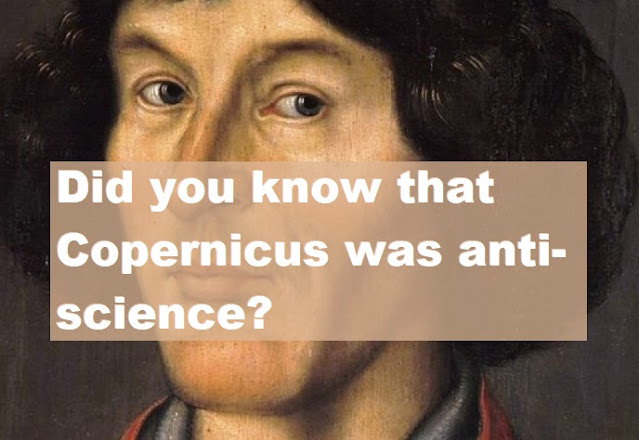Many people claim that Copernicus' theory was opposed by the authorities of the Catholic Church, while the truth was that the fiercest opposition, even long after the astronomer's death, was supported by the Reformation.
“People listen to an improvised astrologer who wants to prove at all costs that it is not the sky that is spinning, but the earth. To show your intelligence you just have to think of something and take it for granted. That Copernicus, in his stupidity, wants to destroy all the rules of astronomy. We will not tolerate such fantasies."
Copernicus, as a canon of the cathedral in Frombork, received permission from the church to build an observatory on the tower in Frombork and was also given funds for astronomical instruments. He also invested his own money in his work.
In 1534, Copernicus published his work "On the Revolutions of Heavenly Bodies." The Holy Office placed his work on the index of forbidden books with a notation that it is done so because this theory cannot be treated as a certainty, but only a hypothesis. Many astronomers, even those high in academia, were still in favor of the Ptolemaic system. Galileo himself, although a supporter of Copernicus, was unable to prove his theses empirically.
Protestant universities were constantly opposed to Copernicus and all those who supported his theory. Kepler was expelled by his colleagues from the Protestant theological college in Tübingen for defending the Copernican system.
It shows that Copernicus was anti-science, and we should thank God for that and not ban him from Facebook or Twitter, or de-monetize his channel on YouTube.

